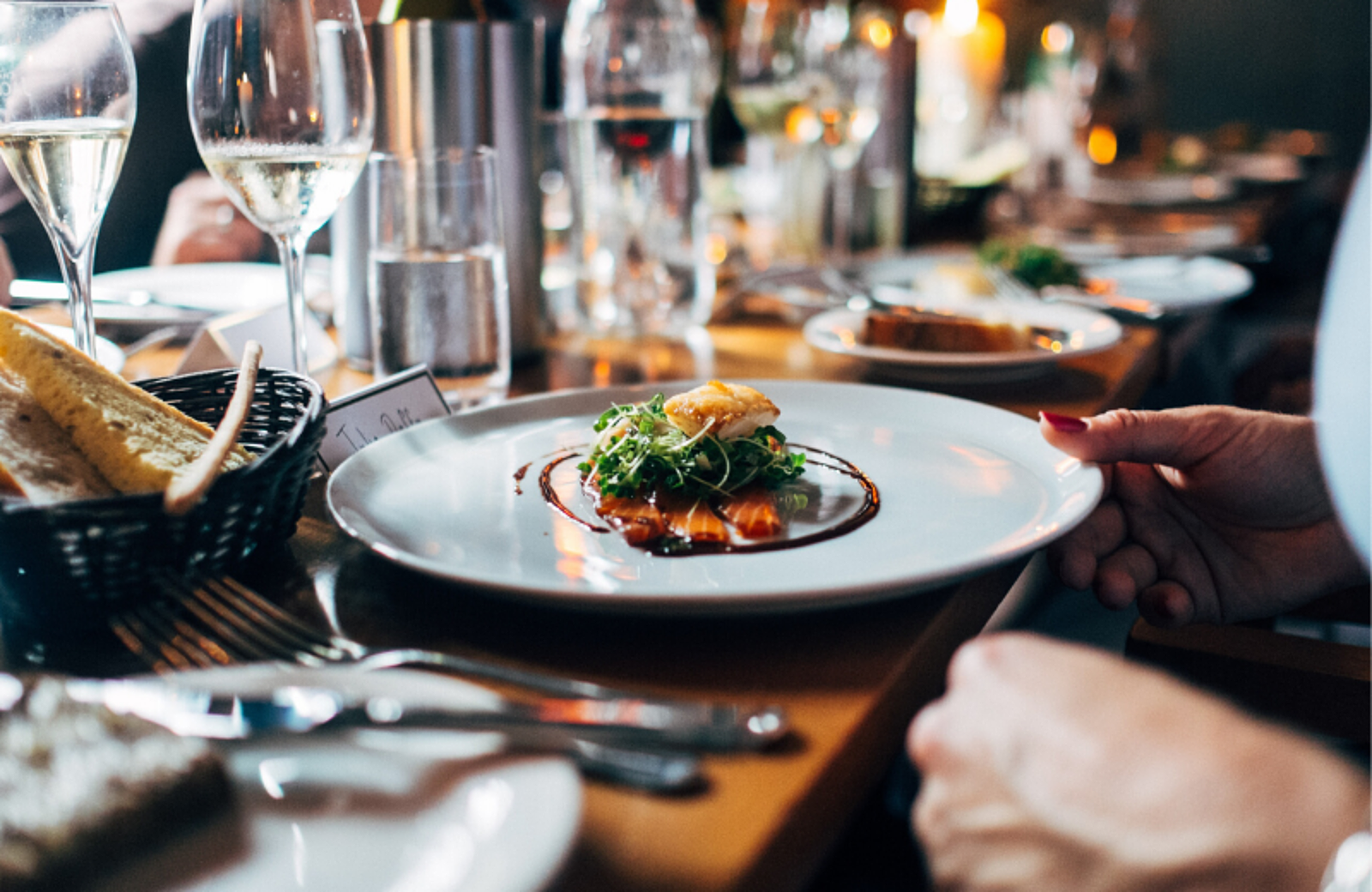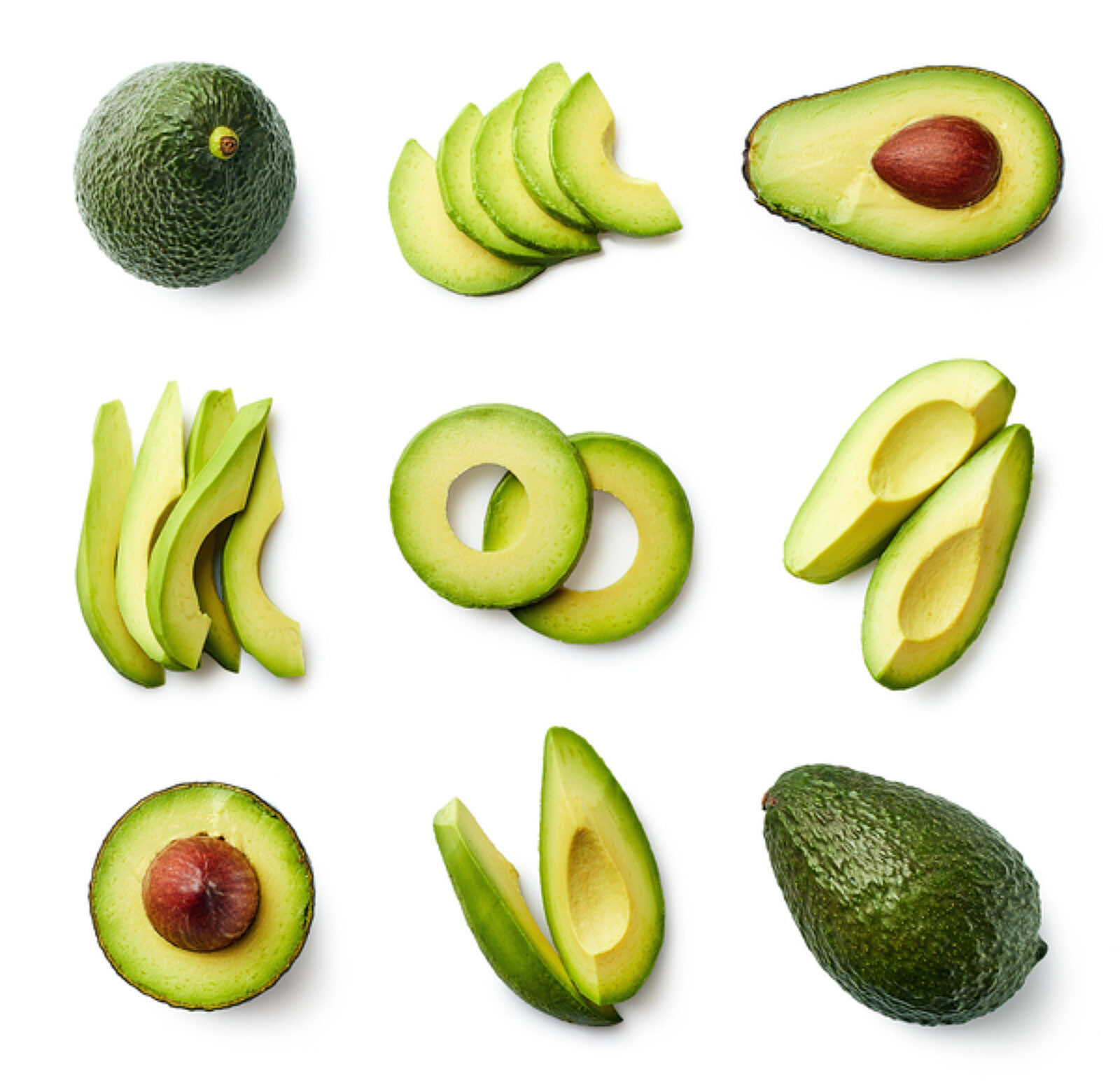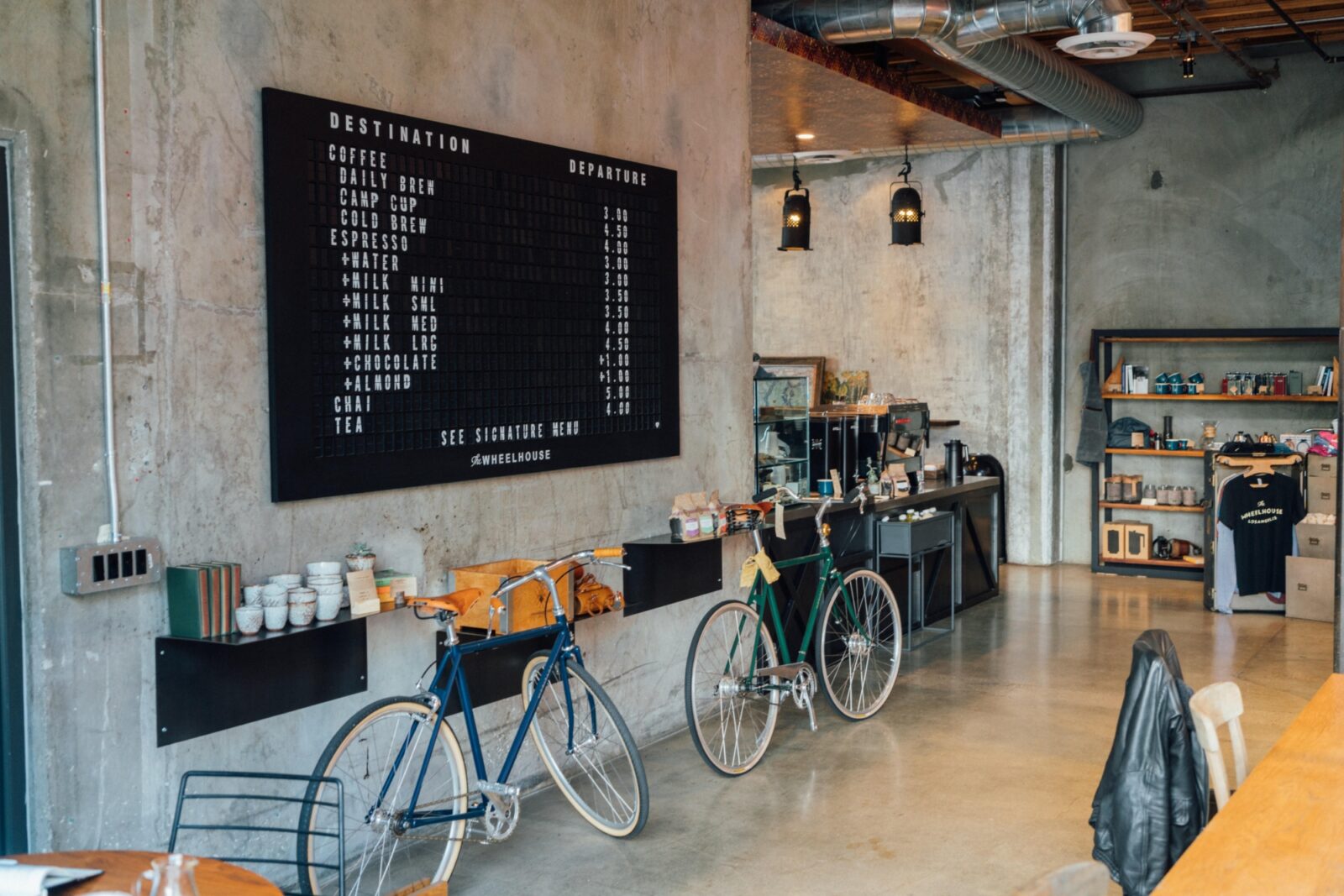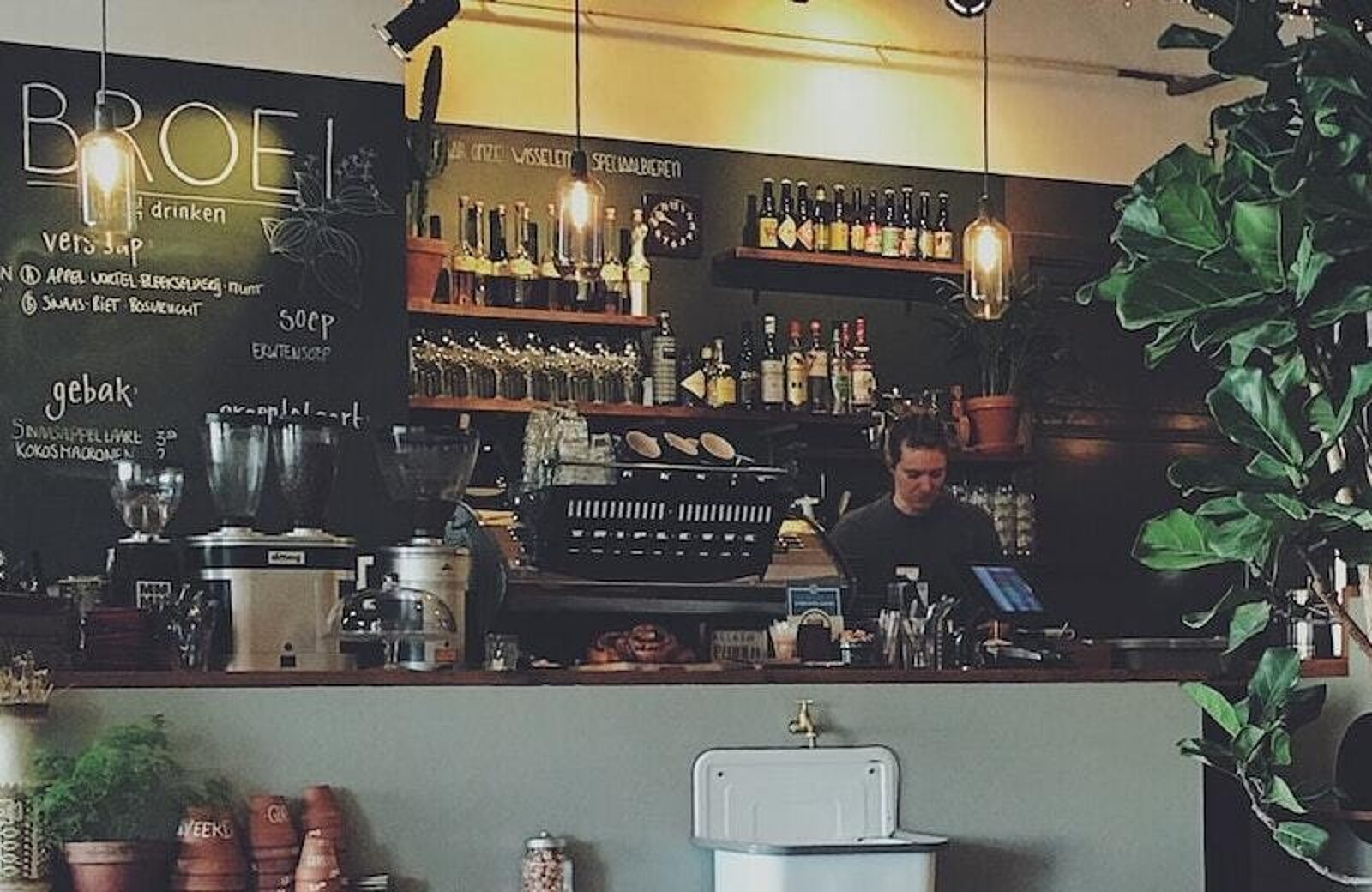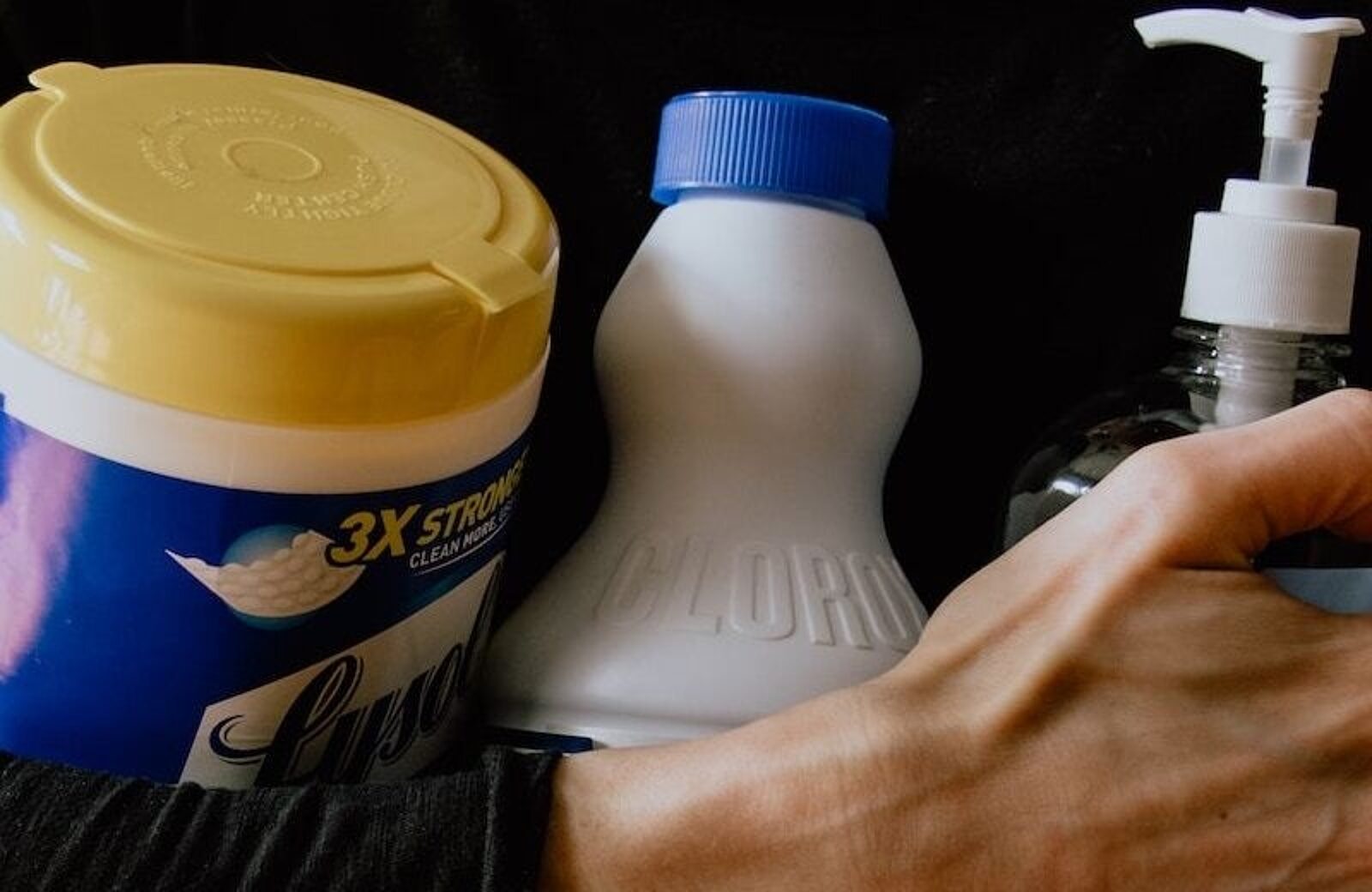Cafe Accounting Guide: Bookkeeping Tips for Cafe Businesses

Nick PerryAuthor
Cafe Accounting Guide: Bookkeeping Tips for Cafe Businesses
Americans love their coffee. It’s an everyday habit for 60% of Americans, and the US coffee market is the biggest in the world, driving $80 billion in annual revenue.
With all that revenue brewing, it’s critical that cafe owners and aspiring cafe owners understand their cafe accounting system and processes.
The average cafe operates on about a 4% profit margin, which is in line with the average restaurant profit margin. Those thin margins require operators to have a firm grasp on restaurant accounting readouts to ensure financial health and compliance with taxes, bills, and regulations.
In this article, you will learn how to find the right accounting solutions for your cafe, so you can control costs, keep track of operational finances, and stay on track to meet financial goals.
Restaurant Cost Control Guide
Use this guide to learn more about your restaurant costs, how to track them, and steps you can take to help maximize your profitability.

Cafe accounting 101
It’s important to understand the differences between accounting and bookkeeping.
Bookkeeping is the day-to-day number punching, such as recording accounts receivable and accounts payables, closing out and processing financial transactions, and more. These cafe bookkeeping processes uncover the financial information that’s required for more real-time, performance and forecasting metrics.
Cafe accounting refers to the interpretation and presentation of financial performance to spot larger insights. Restaurant owners then activate these insights to boost business decisions, such as daily sales, control restaurant expenses, and other performance indicators.
The quality of your restaurant bookkeeping will have a direct impact on your accounting, which is why a cafe point-of-sale (POS) system is so important. A tool like Toast POS can help business owners streamline each day’s bookkeeping — while simultaneously delivering stronger guest experiences and providing ease to employees.
Cafe business accounting considerations
Here are some of the accounting considerations you must think about when exploring your cafe accounting options.
Payroll: Your cafe may have a lean or a large staff. Your payroll is likely dictated by hourly employment and managing a schedule. Regardless, you likely want to automate payroll and labor cost calculations or at least have them managed for you. Make sure your new CPA is game.
Tip handling: Tipping is very common at cafes, and you must consider how to distribute tips to staff and avoid treating these incomes like profit.
Inventory management: Every restaurant wants to reduce waste, which comes down to effective inventory management. The same goes for managing food costs. Push your accountant candidates to discuss their strategies for managing inventory.
Cash flows: Cash is always flowing through your business, whether you’re paying employees, ordering supplies, or managing operational expenses. Good accounting will help you stay on top of where the money that comes into your business goes.
P&Ls: Profit and loss statements are some of the most important accounting statements for your cafe.
Commissary kitchen: Operating an additional kitchen to store equipment and test menu items before bringing them to your customers? That can be a complicated accounting problem.
Outsourced vs. in-house cafe accounting
So, should you hire a cafe accountant or trust an outside source? There are pros and cons to each method and the decision depends on your cafe’s needs.
Pros of an in-house accountant
Close personal knowledge of your business: If you hire a full-time in-house accountant, they’ll get to know your cafe well. They’ll spend time there both in front and back of house. They’ll learn how the cafe operates and, as such, have a better idea of how money flows through the business. They can be great resources to identify waste and cost control opportunities.
Quality assurance: You can have higher expectations of an in-house accountant that you’re working with every day. You can also more easily audit their work and ask questions.
Easy feedback loop: Similarly to quality assurance, working with an in-house accountant ensures you always have a quick, easy feedback loop.
Cons of an in-house accountant
Expensive: The reason most cafes don’t have an in-house accountant is simply cost. A full-time accountant will require a salary and benefits if you’re their only client.
Overwork: As your business grows, managing the books for your cafe may prove to be overtaxing for a single accountant. You definitely don’t want to overwork someone who is handling your business’s finances.
Pros of an outsourced accountant
Budget-friendly: Outsourcing is always cheaper than bringing in someone full-time. There are many cafe accounting services that will let you customize a service plan.
Flexibility: Depending on what you pay for, you may have several accountants on your team at once, which allows you to get a variety of expertise at all hours of the day.
Cons of an outsourced accountant
Effort: Outsourced accountants won’t understand your cafe like you or an in-house accountant would. As such, you may have to over explain line items sometimes.
Lack of personal touch: Since they’re more removed from the day-to-day operations of your business, don’t expect an outsourced accountant to come up with any innovative ideas for your business. You’re not their only client, and they’re not involved enough to ideate.
Which accounting method and accounting periods should your cafe consider
Cafe business owners have three primary accounting methods to consider: Cash, accrual, and modified cash-basis.
Cash method sees revenue and expenses recorded when they’re received and paid.
Accrual method records revenues and expenses when they occur, but before they’re received and paid.
Typically, restaurants and cafes use cash accounting or a version of modified cash-basis accounting because they’re recording revenues as soon as people pay for their food or drink.
Along with accounting methods, cafe owners should understand critical financial statements to understand your cafe’s financial plan. Key restaurant business reports include:
Income statements that are updated daily to reflect your cafe’s total sales and income sources.
Balance sheets to track your cafe’s assets, liabilities, and equity, which may change over time and include leases or mortgages, equipment, debts, and more.
Cafe cash flow statements illustrate you money comes into your cafe as income from cash and credit card transactions and goes out of it as expenses.
Cafe owners may also want to consistently monitor restaurant profit and loss statements, or P&L. This is another critical cafe accounting report that provides a high-level look at your bottom line profitability over a given time period. It’s based on your chart of accounts, which is a coded list of all of the liabilities, assets, expenses, and income that go in and out of your business.
Beyond P&L, it’s also critical to understand your restaurant-specific cost of goods sold, or COGS. The measure tells you how much you are spending to on what your selling across your cafe business.
How to pick an accountant
If you think you’d prefer to hire an accountant rather than use a restaurant accounting software, here’s what to think about.
Accountant affiliation
As we noted before, the biggest determining factors when searching for an accountant will be your budget and the relationship you’d like to have with your accountant. Firms are less expensive, but they’ll lack that personal touch. Think about your restaurant operations and what financial data and trends you need for decision-making optimization.
Accounting requirements
Just how much work do you have for an accountant? Freelance accountants for firms generally charge by the hour, so the more you need them, the more you’ll pay. Firms will also likely charge you more for more experienced accountants.
If you hire a large firm, you can save some money, however, by trusting more junior accountants with the day-to-day bookkeeping and smaller tasks like invoice processing. When you want to get into more complex projects, like calculating plate costs, you can enlist more senior accountants then.
Specialization
Many accountants have experience in the restaurant industry, but experience working with a white tablecloth restaurant isn’t the same as working with a cafe. If you’re searching for an accountant, make sure you find one with cafe experience. Cash flows differently in a cafe, there are different revenues and expenses, and you’ll need someone who understands the business.
Software familiarity
Accountants use software to overcome time-consuming bookkeeping tasks as well as streamline their accounting processes. Most systems have flexible templates for data intake, sales reports, and more. One thing to consider is if you have an existing general ledger and chart of accounts and whether it’s portable into your new CPA’s platform.
How to pick a cafe accounting software
Restaurateurs want an accounting software that can do the following:
Needs: A cafe accounting software should check as many boxes as possible, from pumping out basic financial reports to automating invoices, performing recipe costing, and more. The best options support both day-to-day bookkeeping and annual accounting needs.
Budget: Most cafe accounting software is like accountants: you can pay for different plans. The more you pay, the more you get.
Complexity: If you’re hiring an accountant who knows the software well, you might not have to worry too much about complexity. If you’re trying to do it yourself, though, you’ll want a cafe accounting software that’s intuitive.
Flexibility: The best accounting software is cloud-based and mobile-friendly so you can access it absolutely anywhere.
Toast’s xtraCHEF is cafe accounting software that can check all of these boxes.
Toast is the point of sale system built for cafe owners — including key integrations with accounting software and built-in features around recording financial transactions, accounts receivable, more.
Business owners can go further by adding xtraCHEF by Toast with their POS systems — automating accounts payable, providing detailed COGS reviews, and unlocking prime costs to help support forecasting exercises.
Restaurant Invoice Automation Guide
Use this guide to learn more about your restaurant invoices, the value within, and how to consistently and accurately tap into it to make smarter decisions.

Is this article helpful?
DISCLAIMER: This information is provided for general informational purposes only, and publication does not constitute an endorsement. Toast does not warrant the accuracy or completeness of any information, text, graphics, links, or other items contained within this content. Toast does not guarantee you will achieve any specific results if you follow any advice herein. It may be advisable for you to consult with a professional such as a lawyer, accountant, or business advisor for advice specific to your situation.
